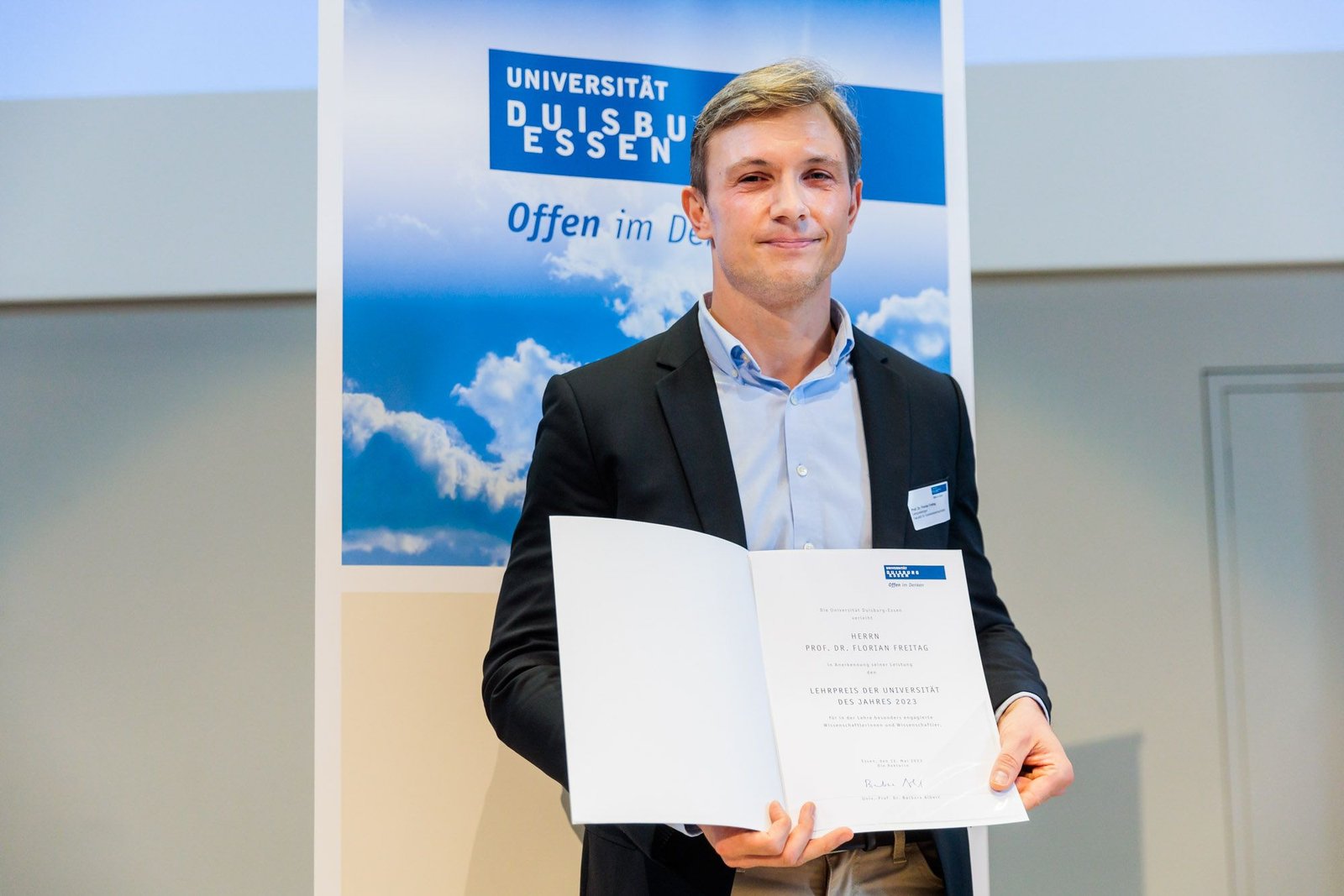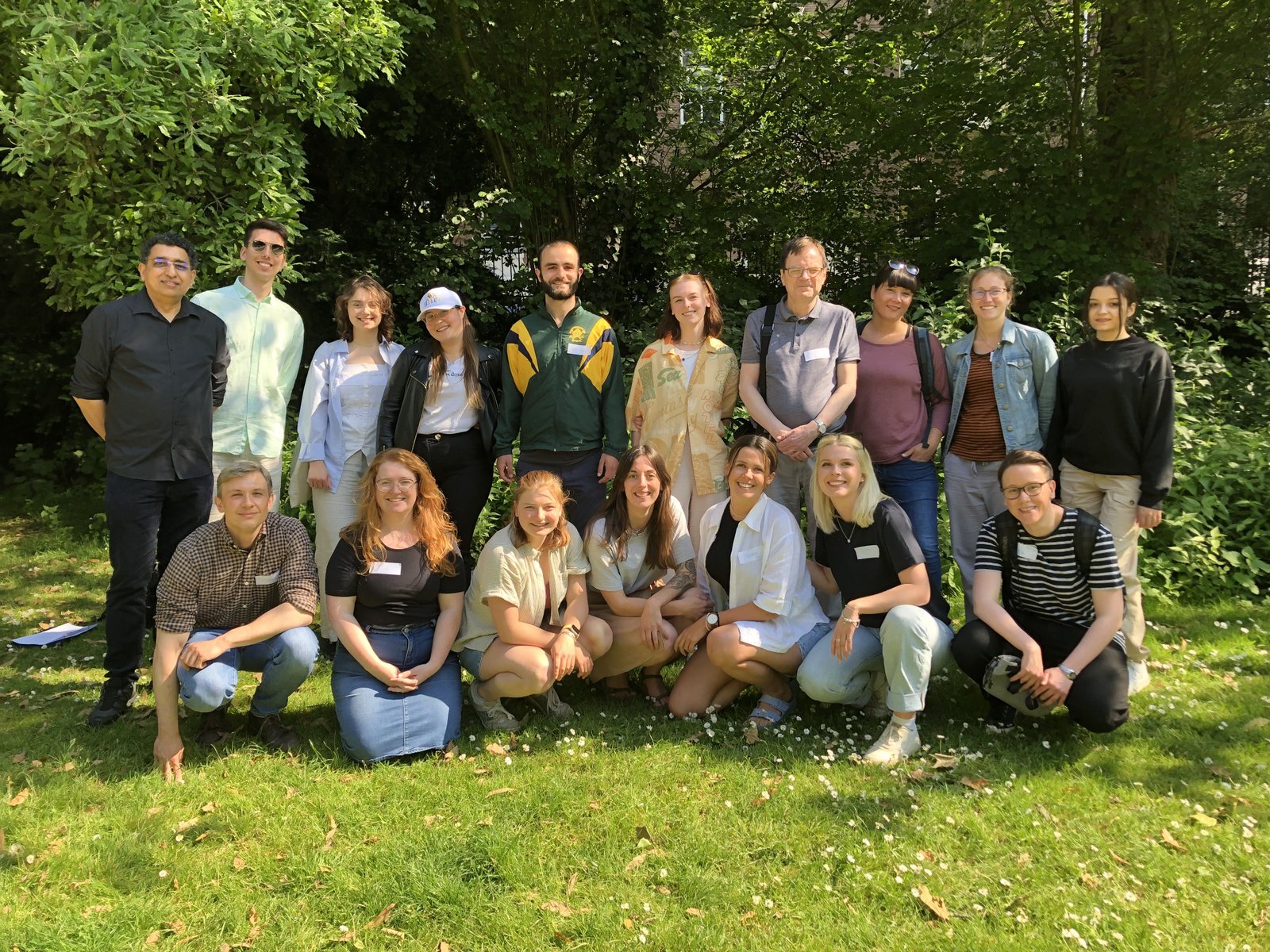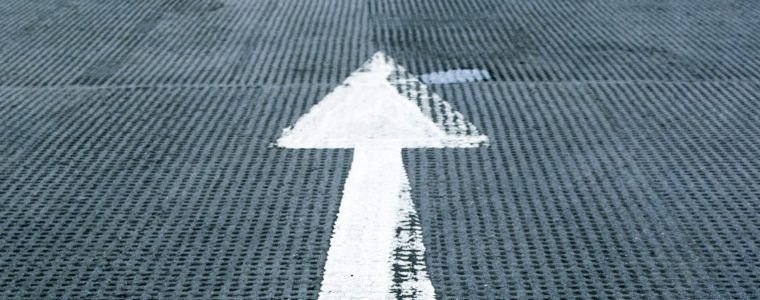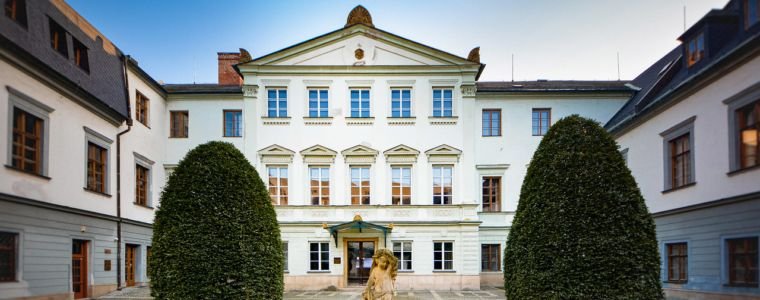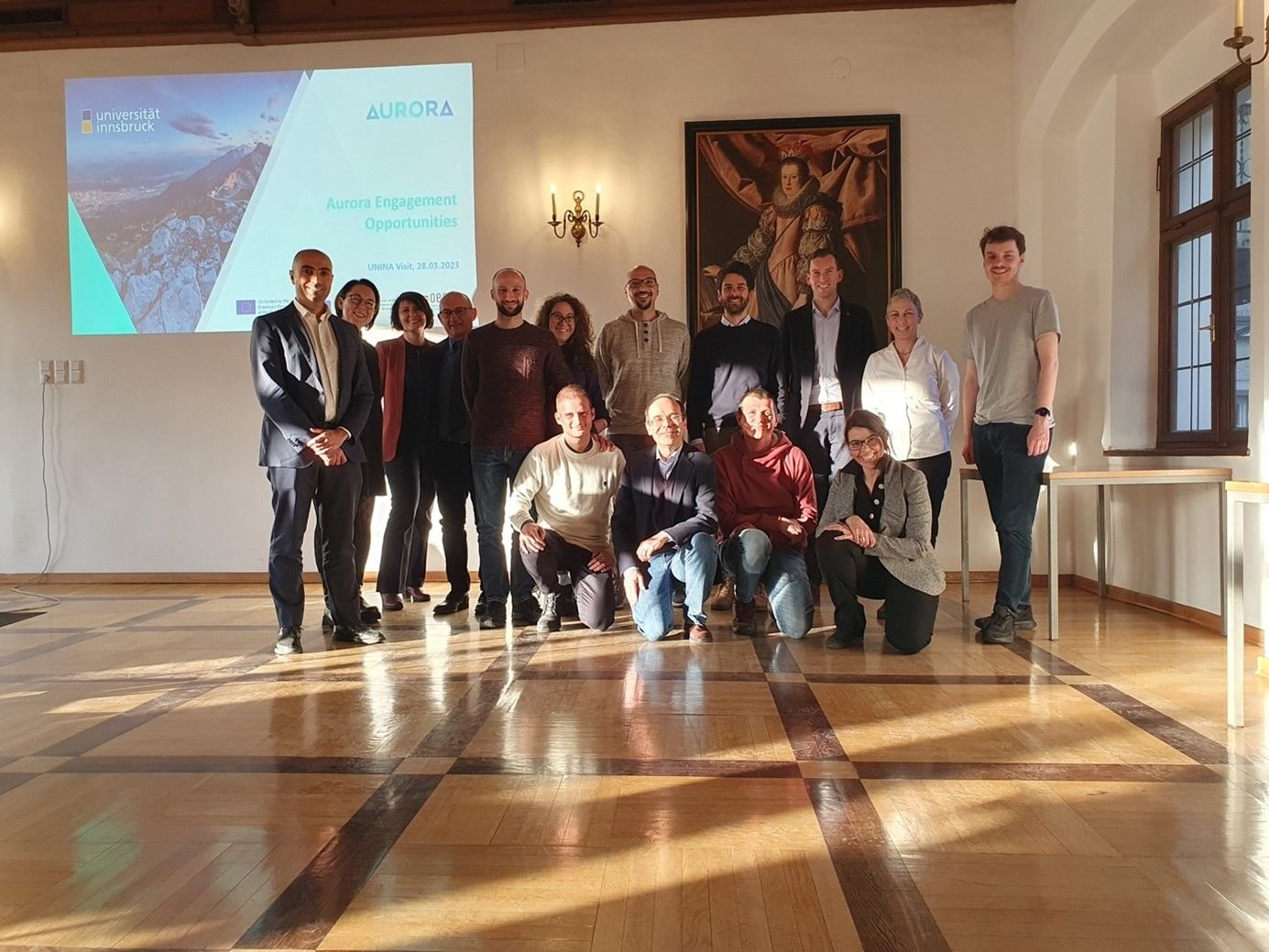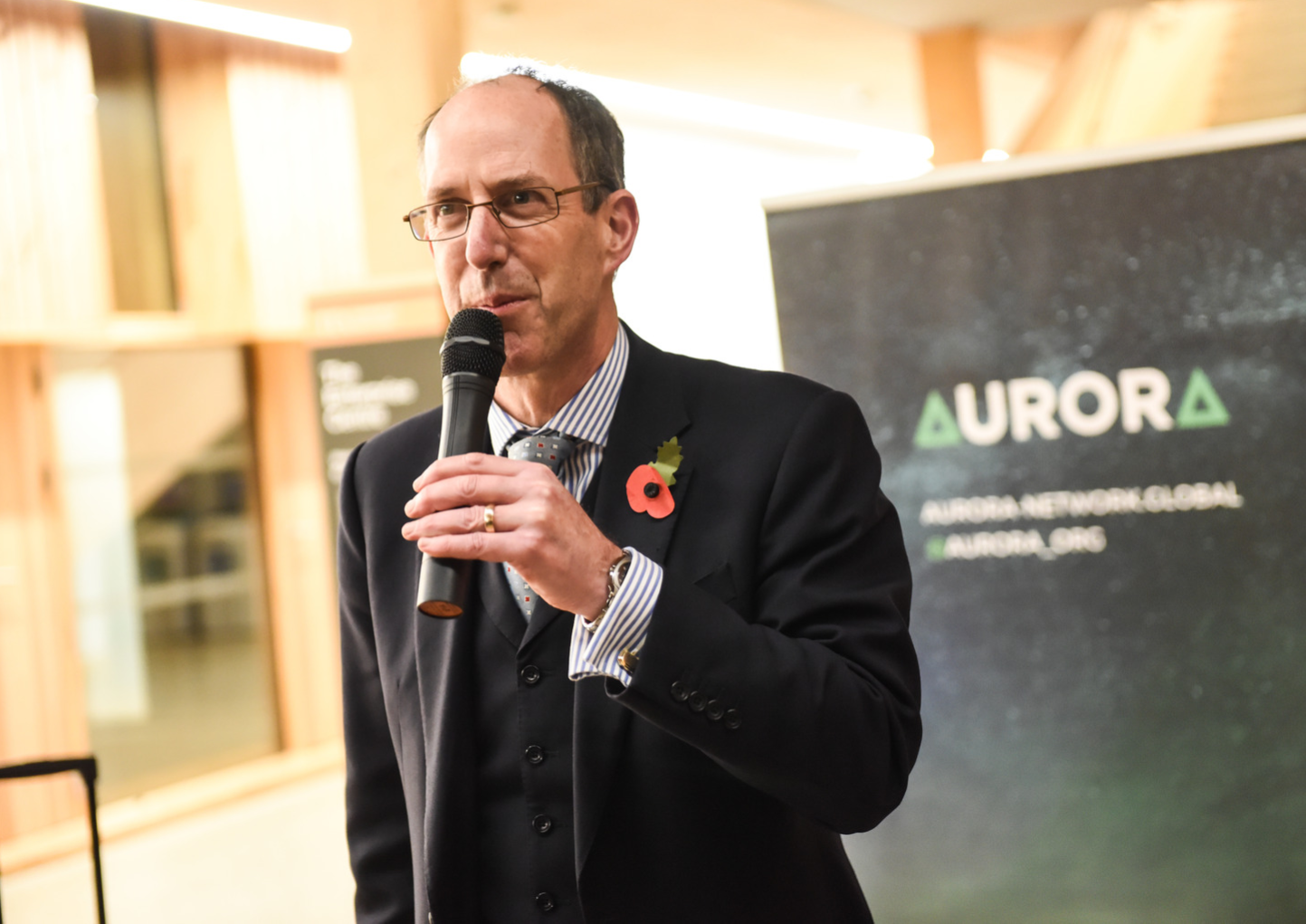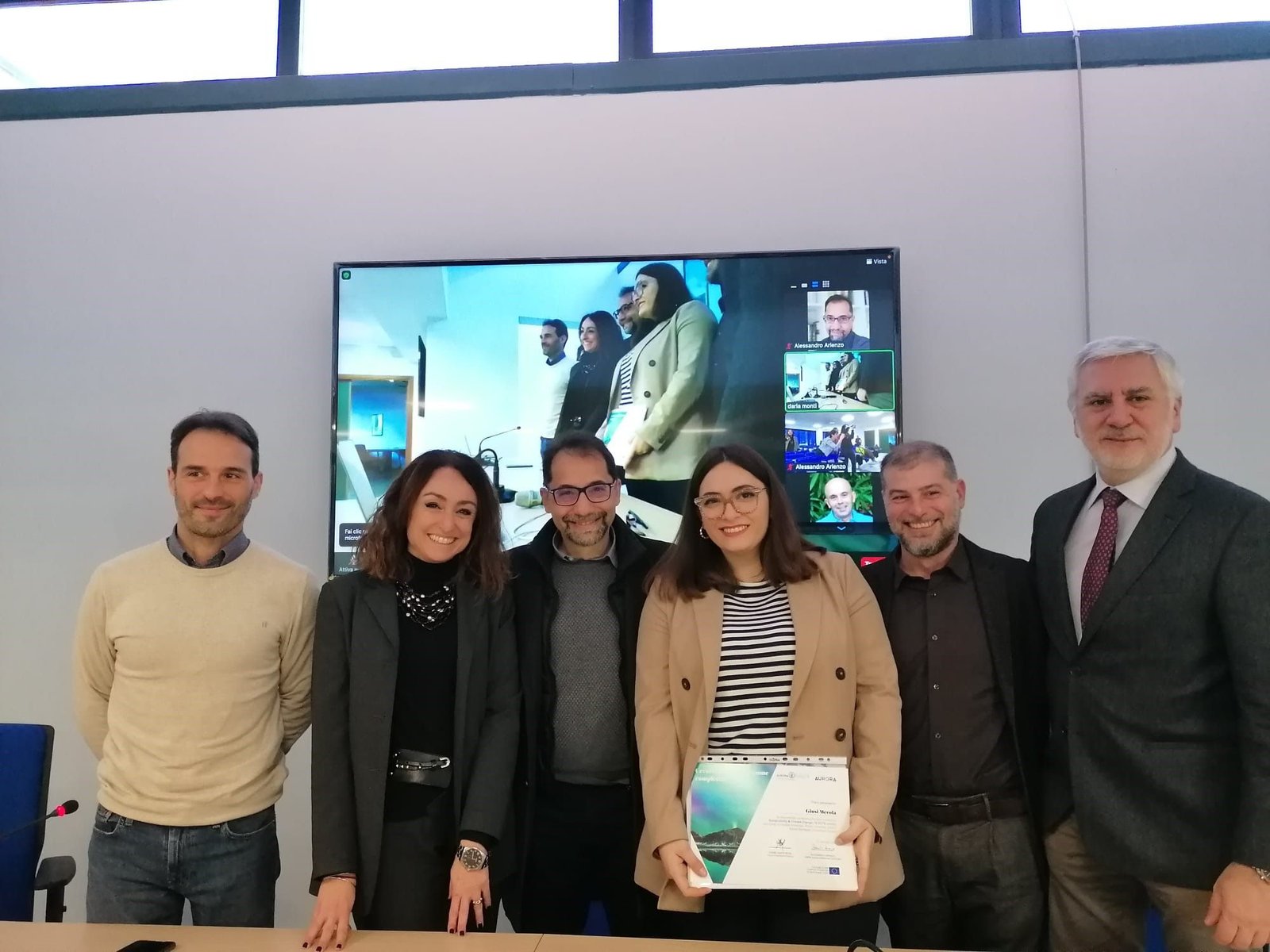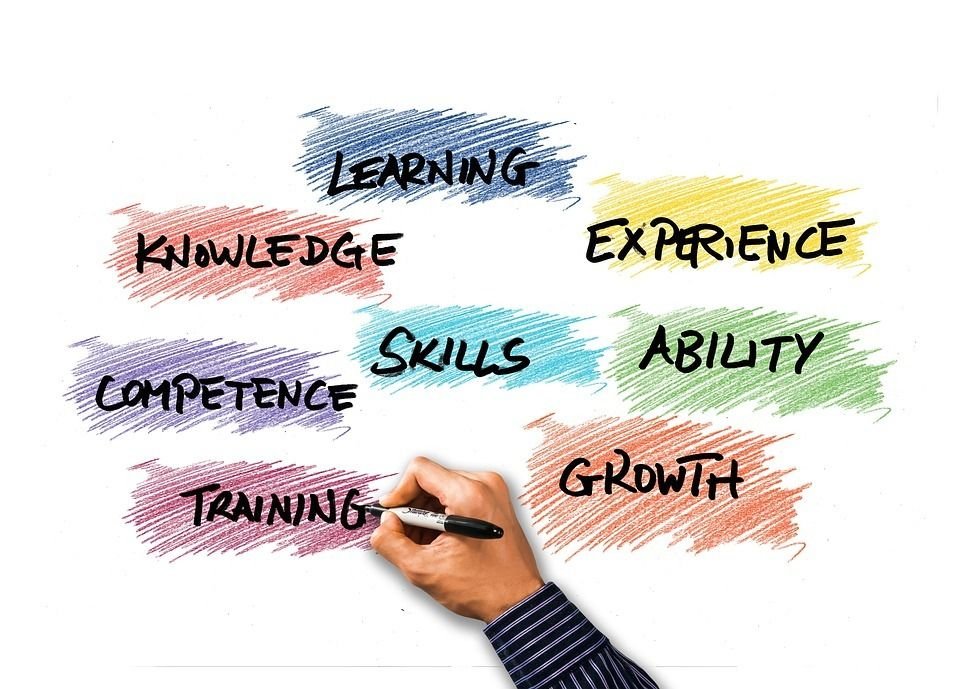Aurora in Action: Science with Society Festival at VU Amsterdam
In June 2023, the AURORA in ACTION: Science with Society Festival brought together a diverse group of individuals, including teachers, staff, and students from multiple universities, to address pressing issues related to sustainable development goals. Through collaborative ideation and co-creation, participants discussed solutions for energy transition, food systems transformation, mental strength, and positive psychology.
The festival was held in the bustling city of Amsterdam, specifically at the Public Library, where the first day was dedicated to the students of the Aurorized course – Interdisciplinary Community Service Learning (ICSL). The students were enthusiastic about showcasing their research and engaging in discussions with renowned scientists, experts, and societal stakeholders (residents, community partners, organizations, and policymakers). Attendees were also free to explore the Inspiration Market, where students, welfare organizations, and neighbouring initiatives showcased their work while seeking to gain and share knowledge.
The day was filled with productive discussions and insightful presentations, culminating in a plenary session highlighting universities’ critical role in society. “It was truly refreshing to witness many individuals committed to positively impacting and addressing societal issues. It was a true testament to the power of co-creation and the potential for positive change,” remarked Marjolein Zweekhorst of the Vrije Universiteit Amsterdam.
The festival’s second day took place at the VU campus, and it was just as exhilarating as the first. A reflection and co-creation session was held among colleagues, wherein universities’ role in societal engagement and impact was the primary focus. Participants engaged in meaningful discussions, sharing ideas and priorities to enhance societal engagement approaches, including service learning and co-creation, in educational practices across Aurora. Overall, it was an excellent opportunity for everyone to learn from one another and work towards creating a better and more just society.
The AURORA in ACTION: Science with Society Festival brought innovative ideas and solutions to the forefront. The event served as a platform for AURORA universities to come together and demonstrate their commitment to societal engagement and impact. It aimed to foster an inclusive environment where societal stakeholders (residents, community partners, organizations, and policymakers) and Aurora teachers and students (from VUA, URV, UDE, and UPOL) could collaborate to co-create solutions that would benefit everyone.

